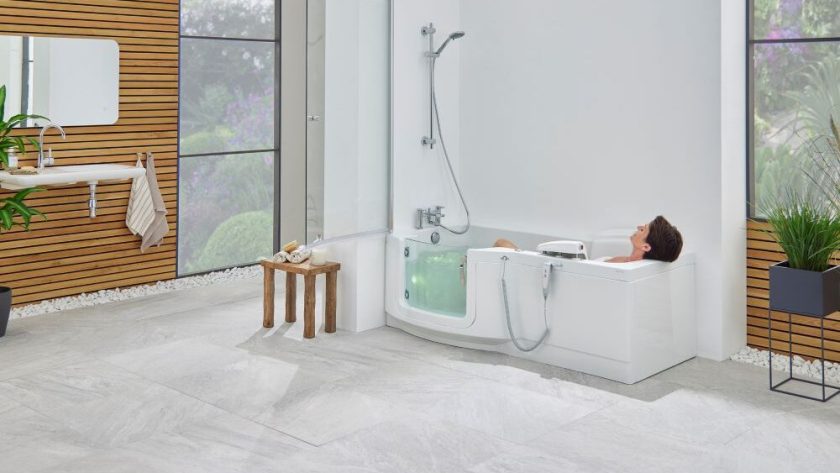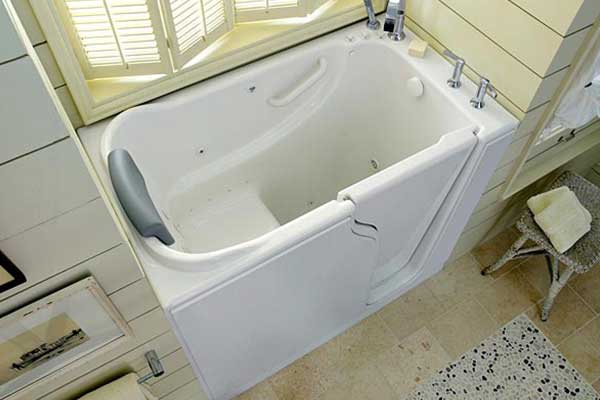Let’s Talk Numbers Before Design
In any home renovation, especially when dealing with aging infrastructure or changing family needs, two questions dominate:
- Will this improve quality of life?
- Will it increase efficiency without sacrificing design?
If you’re considering a bathroom remodel, walk-in tubs check both boxes—despite the common misconception that they’re just for mobility concerns. In fact, they’re becoming a staple in high-function, high-comfort homes that value longevity, sustainability, and smarter design.
Let’s break it down analytically.
Efficiency + Accessibility = Functional Longevity
Walk-in tubs aren’t just about accessibility—they’re about aging in place with dignity and comfort. The average home upgrade cycle spans every 10–15 years. Installing a walk-in tub now extends the usability of your space into the next 20–30 years without needing major changes again.
Benefits include:
- Low-threshold entry: safer and easier to access
- Built-in seating: reduces fatigue and increases comfort
- Hydrotherapy options: supports circulation and recovery
Analysis: You’re not adding “just a tub.” You’re future-proofing your home.
Water Usage and Sustainability
Modern walk-in tubs have become remarkably water-conscious. Compared to oversized jetted tubs, many models use:
- 30–40% less water
- Faster fill and drain systems to minimize waste
- Smart temperature control that avoids unnecessary hot water usage
When paired with low-flow faucets or recirculating systems, they easily fall under the umbrella of eco-friendly home upgrades—reducing both water and energy bills.
Real Estate Perspective: Value Beyond Style
As an agent and renovation advisor, I’ve seen firsthand how functional luxury boosts resale potential. While walk-in tubs were once considered “niche,” shifting demographics are changing that.
Today’s buyers are:
- Seeking multigenerational functionality
- Planning for long-term comfort
- Prioritizing practical luxury over flashy trends
Fact: Homes that offer smart accessibility upgrades—like walk-in tubs—often sell faster in communities with aging populations or active retirees.
Pairing With Modern Design
Let’s address the elephant in the room: design hesitation. Many assume that installing a walk-in tub means compromising on style.
That’s no longer the case.
New models integrate beautifully with minimalist and spa-inspired bathrooms. Features include:
- Matte finishes and tile-ready surrounds
- Sleek hardware in brushed nickel or matte black
- Integrated lighting and ergonomic design lines
Conclusion: You can maintain your aesthetic without sacrificing the benefits of a walk-in tub.
Final Thought from David Visentin
Whether you’re planning a master suite renovation, assisting an aging parent, or exploring eco-friendly home upgrades that support real-world living, walk-in tubs deserve serious consideration.
They’re no longer a compromise—they’re a calculated, high-value investment in your home’s function, efficiency, and long-term livability.





